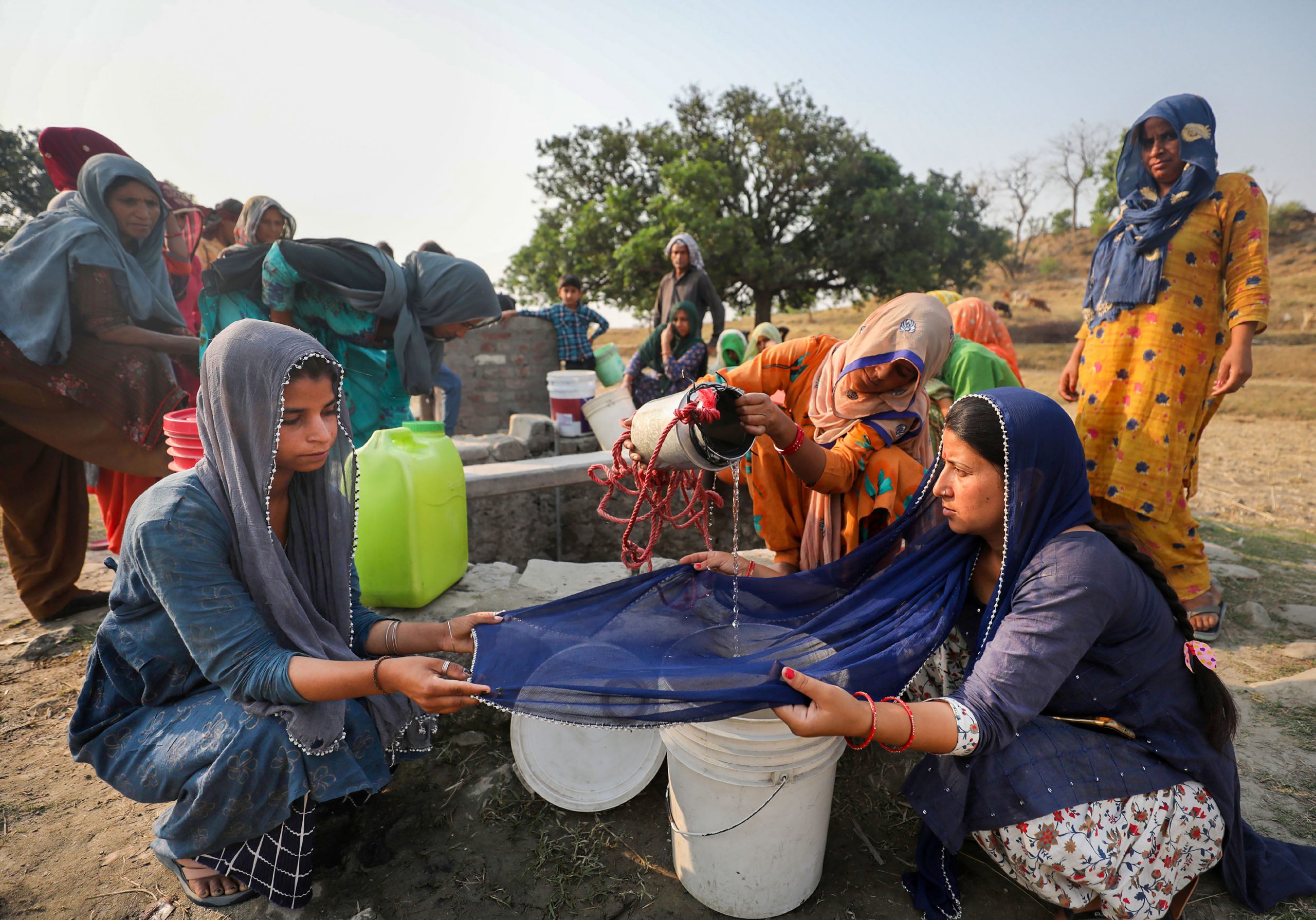India, a country
of over a billion people, can’t seem to be able to beat the heat. Sweltering
summers have always been a challenge for this blindingly diverse region, but
now, climate change is causing a heatwave that simply refuses to go away.
Temperatures in north-western India have soared to over 40 degrees Celsius for
nearly two months now, while other parts, like the northeast and south, also
witness weather anomalies.
Amid these weather
woes, a new study from the UK Met office suggests that the heat wave in
northwest India and Pakistan has become 100 times more likely owing to
human-caused climate change.
Also Read | ‘A dismal litany of humanity’s failure’: Key points from UN 2021 climate report
The study,
published Wednesday, indicates that if climate change was not a major variable,
the kind of heat wave India experienced in 2010 would recur only once in 312
years. But with climate change driving weather events, such heat waves are now
expected every 3.1 years. Thus, due to climate change, heat waves in India have
become 100 times more likely.
Also Read | International Energy Agency wants no more oil projects for the world; here’s why
“Spells of heat
have always been a feature of the region’s pre-monsoon climate during April and
May. However, our study shows that climate change is driving the heat intensity
of these spells,” said Nikos Christidis, lead researcher of the study.
According to Indian
government data, average maximum temperature in April was 35.30 degrees Celsius
this year, only next to 35.32 degrees Celsius in 2016 and 35.42 degrees Celsius
in 2010. In March, the average maximum temperature was 33.10 degrees Celsius,
the highest average maximum temperature in 122 years.
Also Read | World could cross 1.5° Celsius global warming threshold in 5 years: WMO
While northwest
India is seeing such blistering heat, the northeastern state of Assam, the western
Maharashtra and the southern state of Kerala are seeing heavy rainfall. In
Assam, over 6 lakh people are affected and at least nine people have died. Twelve
districts in Maharashtra are on alert for thunderstorms and Kerala is also on
alert for very heavy rainfall.
The heat is
forcing Indians, many of whom depend on agriculture and manual labour, to
reorient the way they work. In 2019, a study by the UN-backed International
Labor Organization (ILO) titled, “Working on a Warmer Planet: Impact of Heat
Stress on Labor Productivity and Decent Work,” found that India would lose 5.8%
working hours in 2030 owing to climate change, equivalent to 34 million full
time jobs due to global warming.







